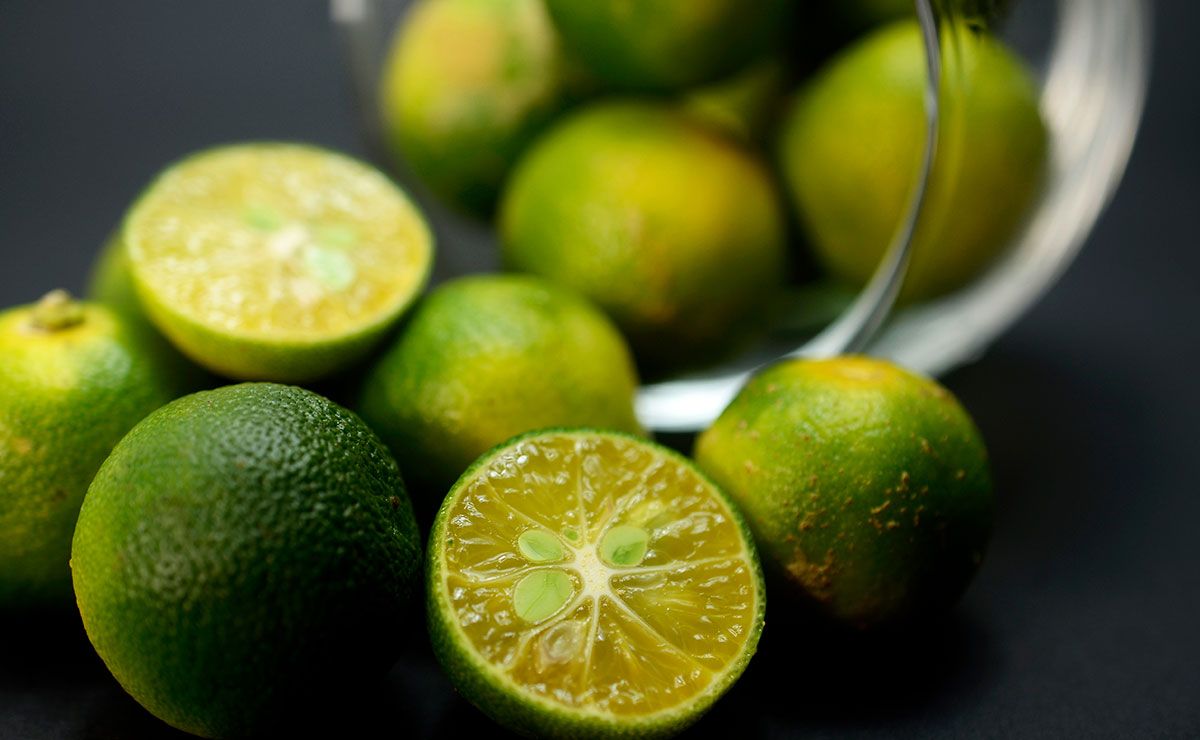
The Philippines is gifted with a natural abundance of souring ingredients, paving the way for an affinity for dishes with varying levels of sourness. These ingredients range from fruits and leaves to flowers and whole plants. While vinegars play a vital role in Philippine cuisine, these items are as potent and promising in delivering varied flavor profiles. The list of souring ingredients may be unending, especially with a study of regional proclivities, but here are eight that most Filipinos are partial to.

Batuan
A close relative of the mangosteen, batuan is like its smaller unripe version. Also called binukaw in Tagalog, batuan is round and green with a hard shell. It lends strong acidity, with a faint hint of sweet fruitiness, to many dishes in the Visayas, especially the Ilonggo’s kansi, KBL (kadyos, baboy, langka), and pinamalhan.
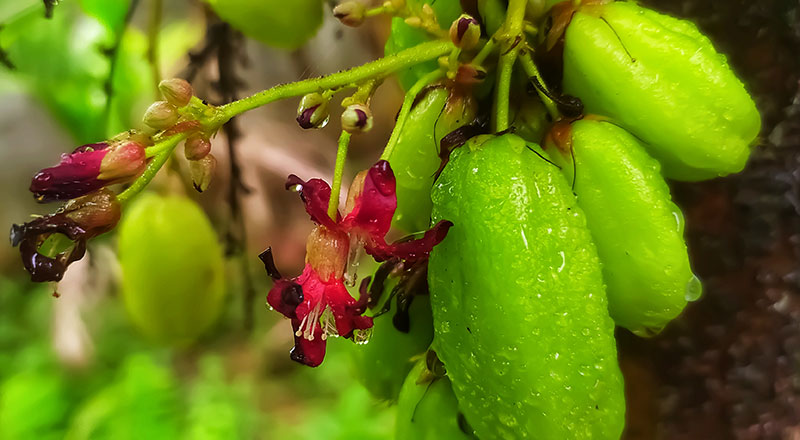
Bilimbi
Locally called kamias, bilimbi is an oblong-shaped fruit colored yellow-green. Its skin is soft and usually glossy, and its flesh is juicy and crunchy. It can be eaten as is or added to dishes like kinilaw to offer mild sourness. It is the preferred souring agent for fish- and seafood-based dishes such as sinigang, pangat, and sinaing. In the Ilocos region, kamias is utilized in meatier numbers like pipian and sinanglaw.
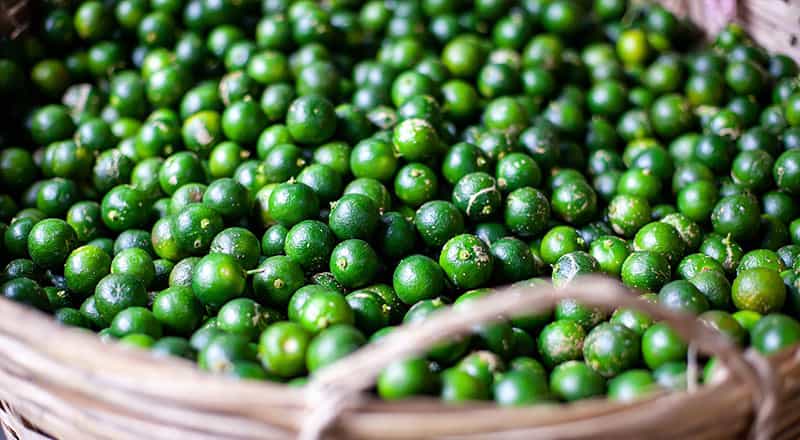
Calamansi
Numerous citrus fruits are utilized in Filipino cooking but the calamansi reigns supreme. Tinier than its tangy counterparts, the calamansi offers strong souring capabilities. It is a favorite inclusion to any sawsawan and helps in removing any undesired taste and odor from seafood. In cooking, like in bistek Tagalog, it lends a distinct flavor that is just the right level of sourness.
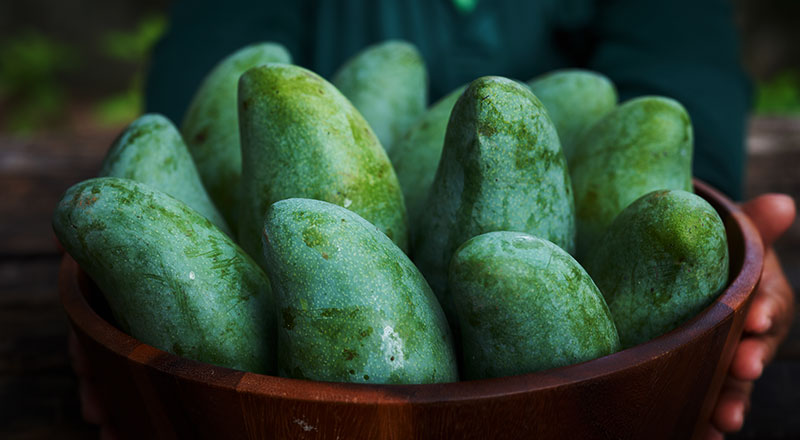
Green mango
Green mango is available all over the archipelago, making it a favored fruit not only for eating but also in cooking sour dishes. Unripe or manibaling (almost-ripe) mango is preferred when making sigang, giving the soup a distinct blend of sourness and sweetness.

Guava
Packed with fruity tartness and a distinct aroma, guava or bayabas is also favored when making sinigang. Ripe or sometimes even overripe, a guava is peeled, mashed, and added to the soup, which usually features milkfish, beef, or wild boar. In Pampanga, it is also used to add light tartness to the boiled vegetable soup called bulanglang.

Pineapple
Commonly eaten on its own, pineapple is also used as a souring ingredient in many parts of the Philippines. Green pineapple is preferred as it offers immense tartness with a slight hint of fruity sweetness. It is an ingredient found in pork sinigang. In Mindanao and some parts of Visayas, pineapple lends a sourness to a braised innards dish called paklay.
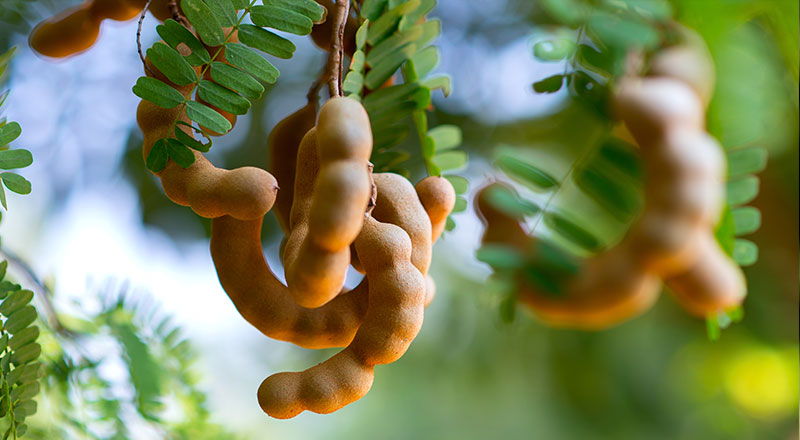
Tamarind
Arguably the most popular among all souring ingredients, especially in Luzon, the tamarind fruit is a brown, curved pod that offers a sweet-tangy profile. To release its sourness, it is boiled, mashed, and strained. The resulting juice is tart and pulpy. The fruit lends a sour contrast to the otherwise bitter Ilocano dish called papaitan, while other parts of the plant is also used in other dishes, like the buds for sinampalukan and leaves for a cubed pork and pig’s blood number called tinumis.

Tomato
Compared to its global counterparts, the Filipino tomato has a naturally acidic flavor profile, making it another favorite souring ingredient. Many even prefer its almost-unripe, greenish variant as a side dish to rich and hearty dishes. In the Visayas, especially in Cebu, the tomato is used in souring their sinigang called tinowa. Its soup is lightly soured, a notch below the Tagalog’s preference.

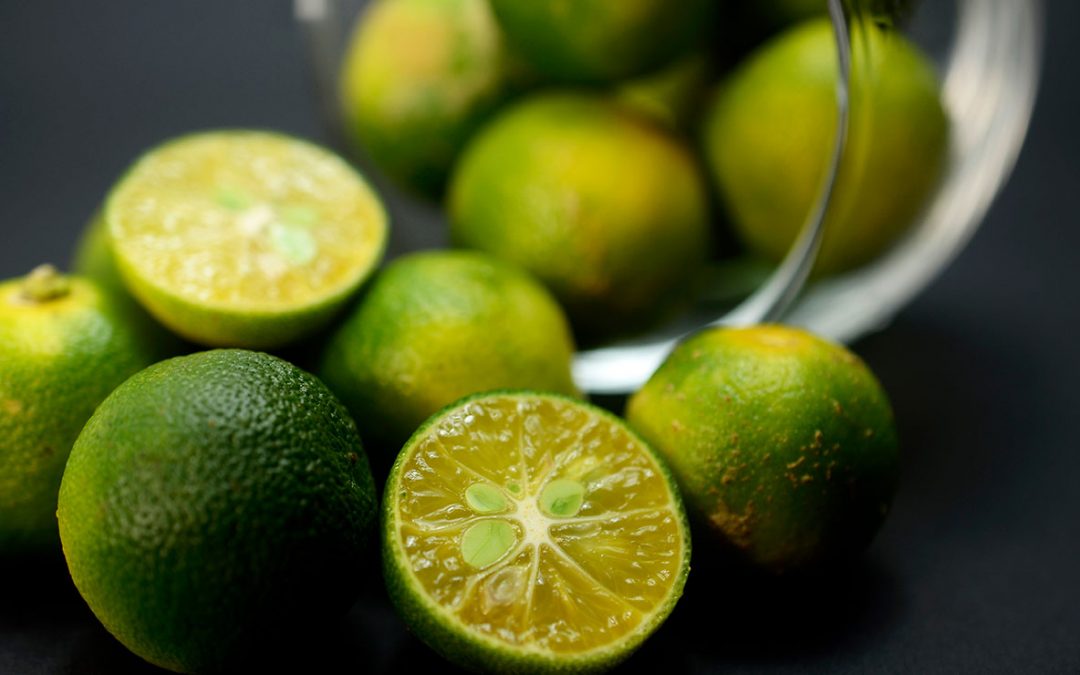
Recent Comments